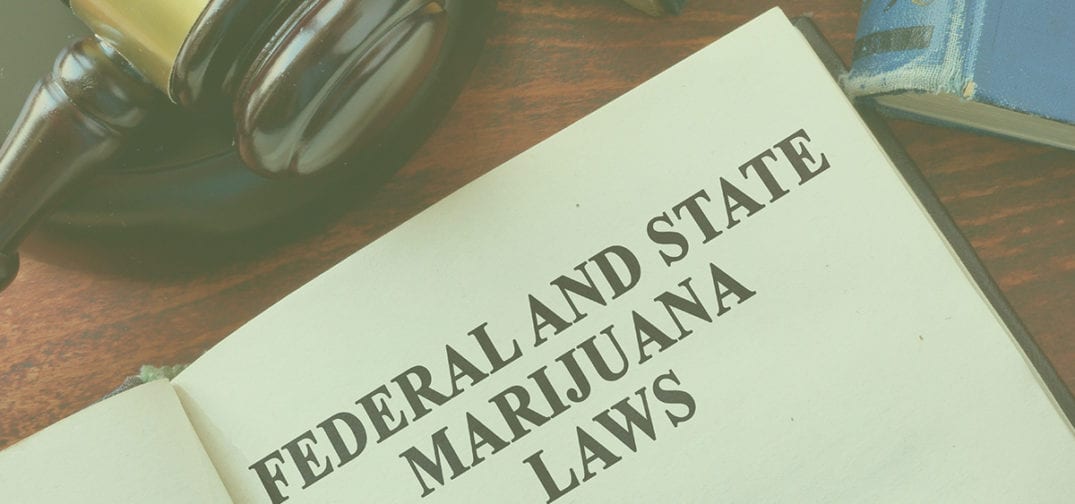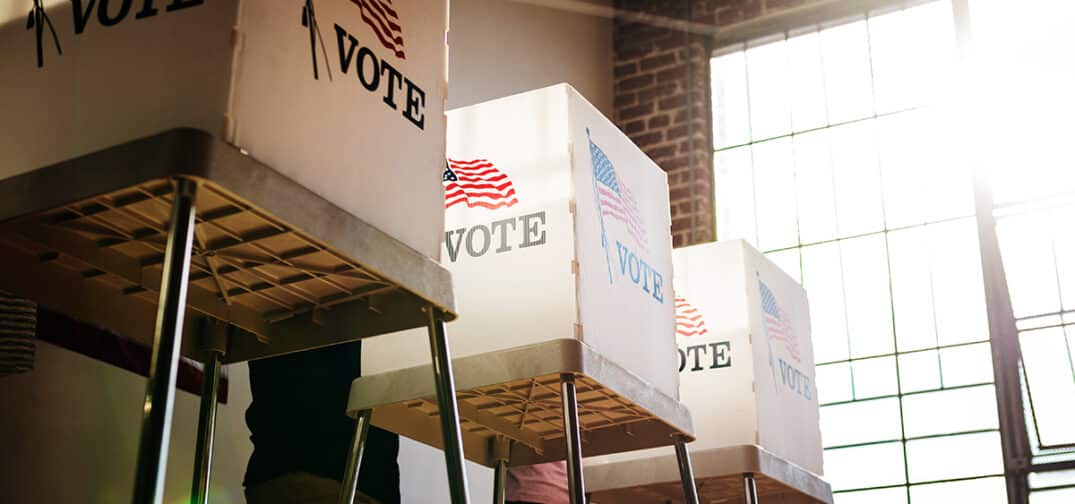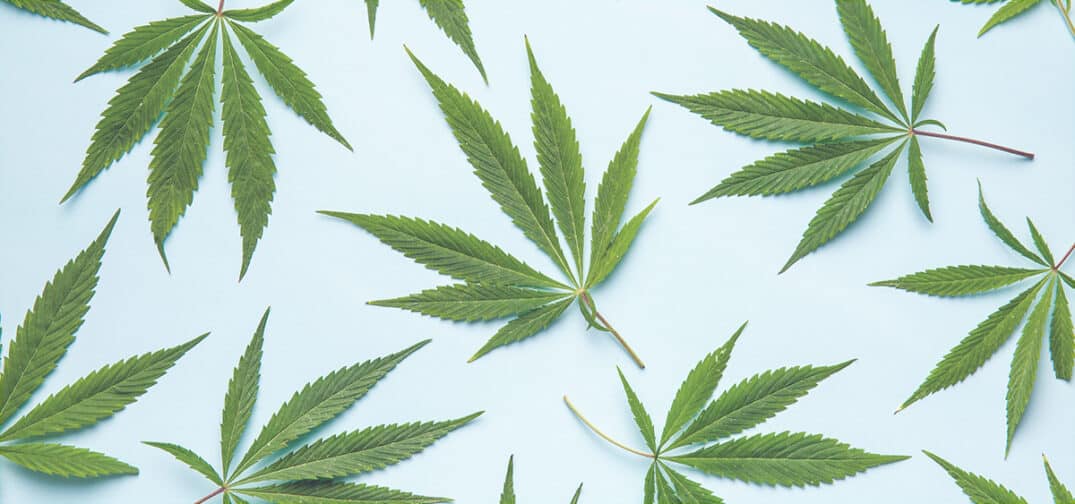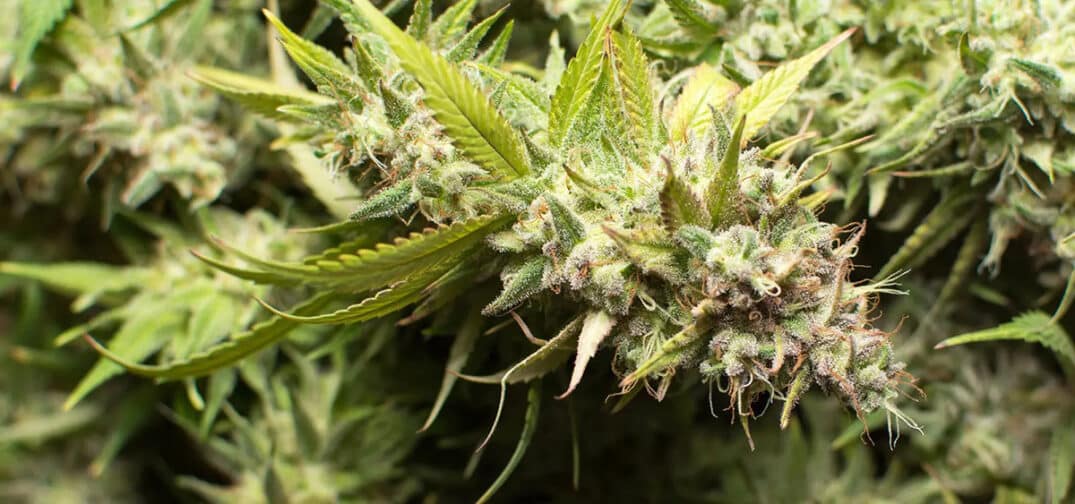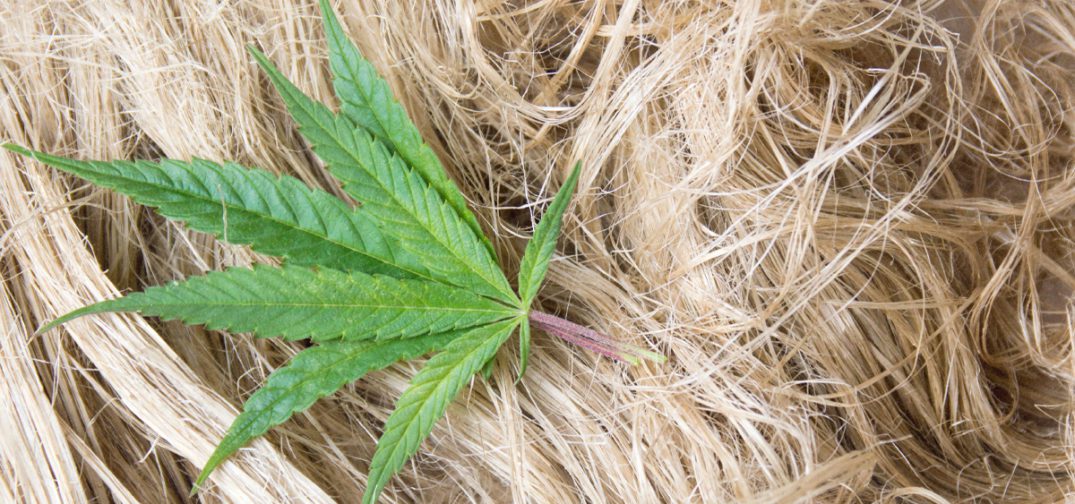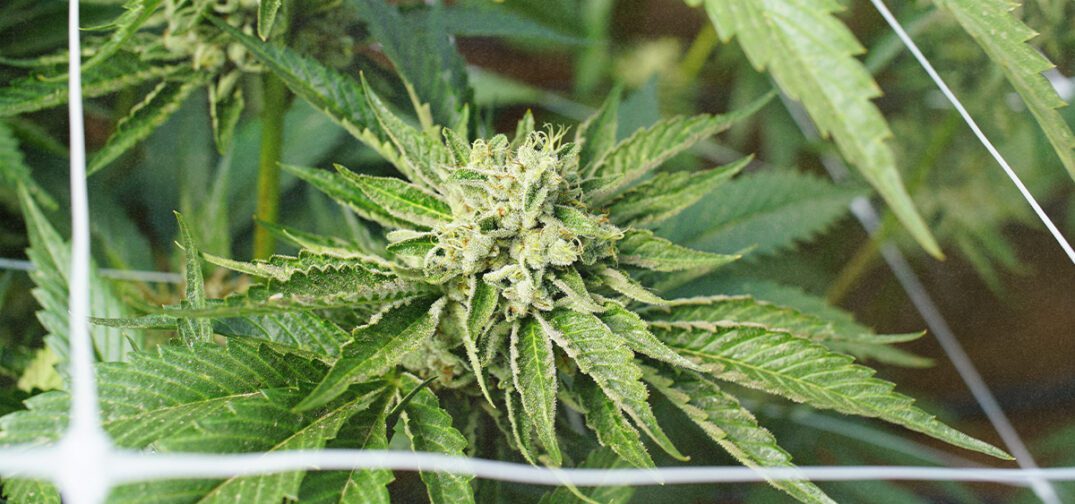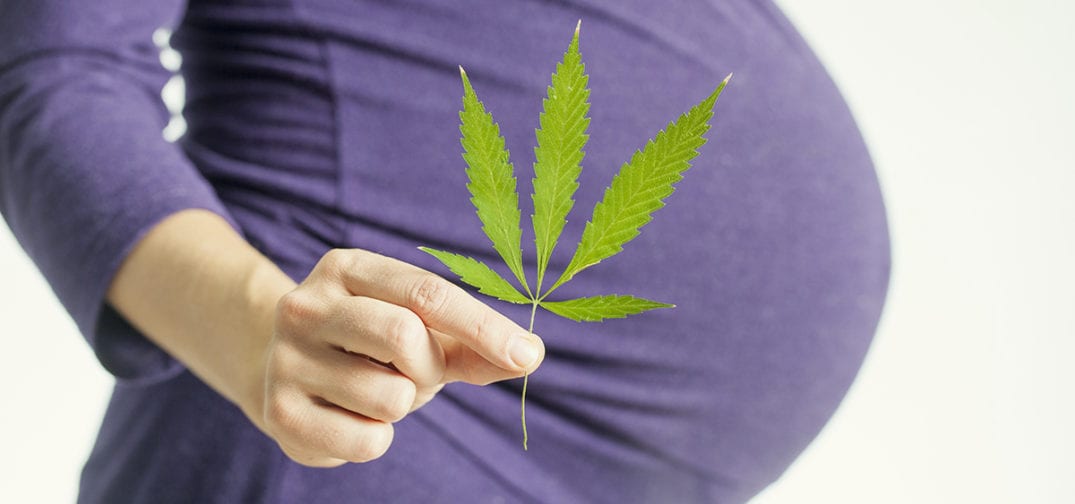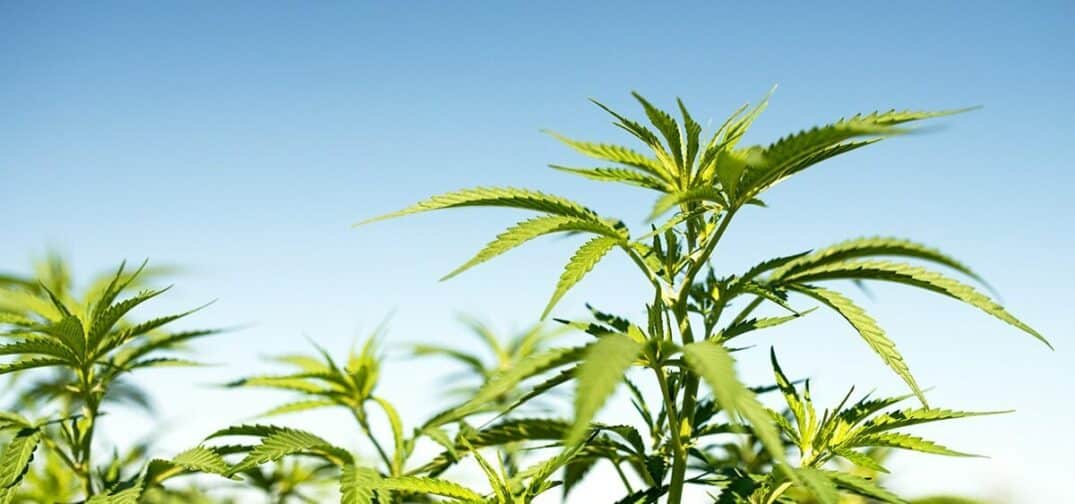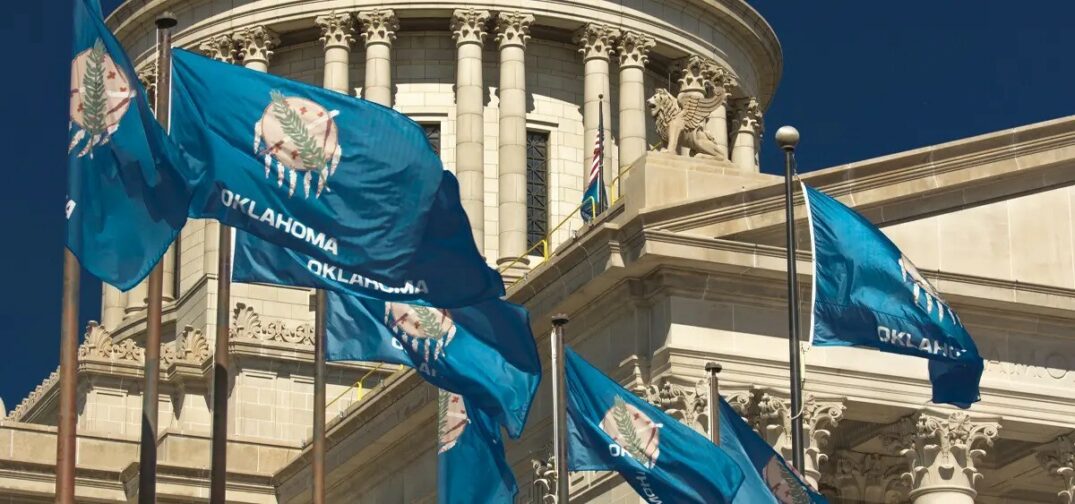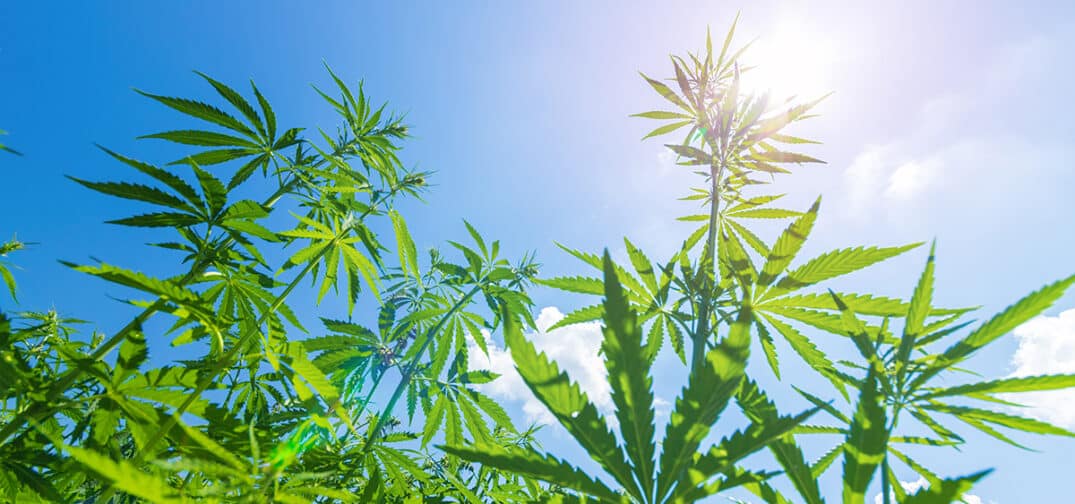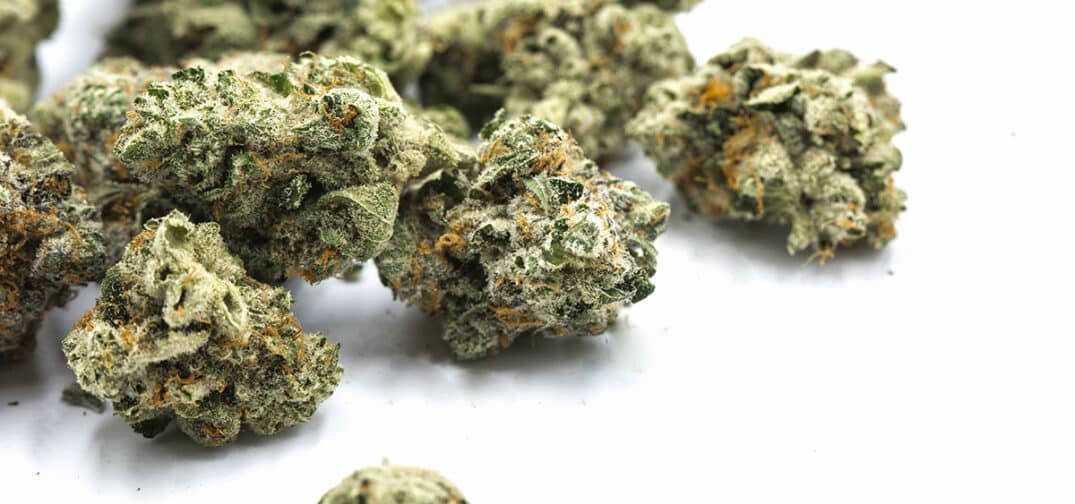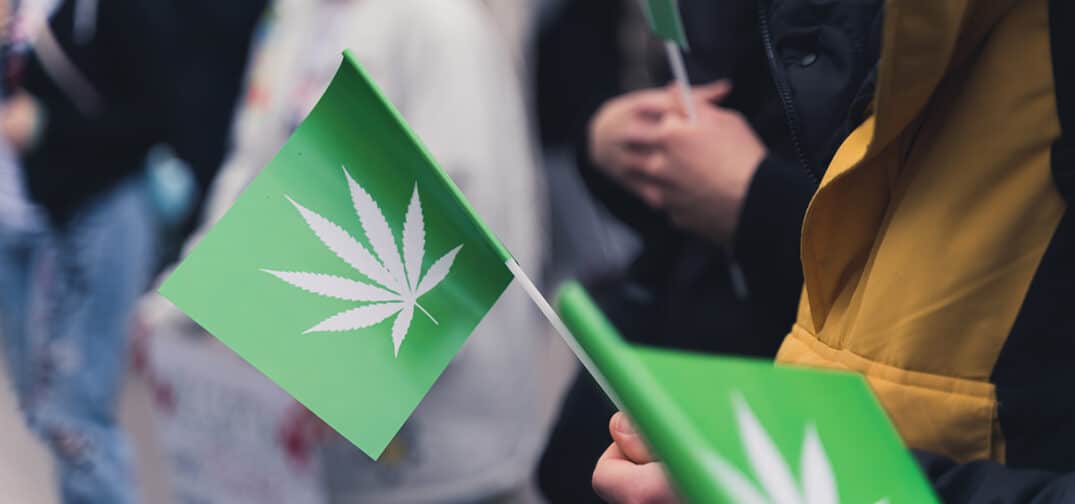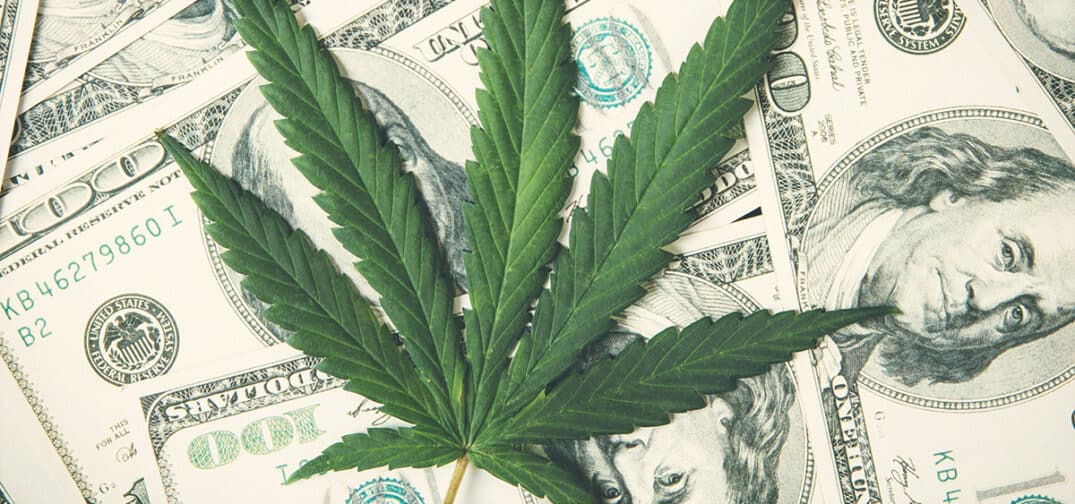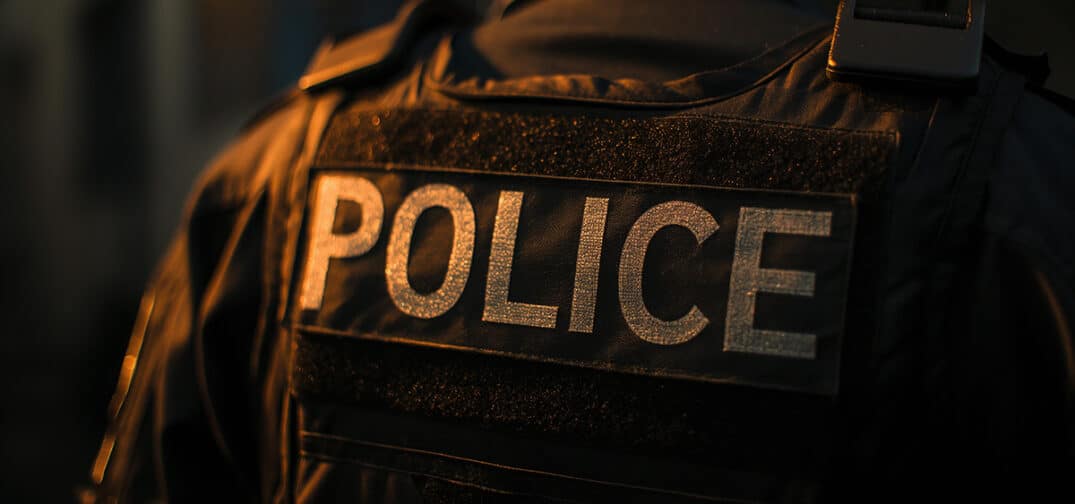GreenDoor boxes are filled with flower, edibles, pre-rolls and other licensed cannabis products sold at dispensaries, as well as deluxe foods, swag and smoking accessories
Whether you want coffee, cosmetics or cured meats, there’s likely a subscription service that will deliver a box of those desired items to your doorstep once a month.
“In my house, we have everything on subscription. Razors, food, everything comes in a box nowadays,” Damon Brooks says.
Everything but cannabis.
Colorado was the first state to allow recreational pot sales in 2014, but tight rules surrounding cannabis sales, production facilities and delivery still effectively block cannabis subscription boxes. Curated cannabis boxes sold through monthly drops are allowed, however, and Brooks thinks he’s figured out how to bespoke our buds with GreenDoor’s Cannabis Experience Box.
GreenDoor boxes are filled with flower, edibles, pre-rolls and other licensed cannabis products sold at dispensaries, as well as deluxe foods, swag and smoking accessories. Brooks, who also operates an e-commerce business for smoking accessories and glassware, says he was waiting for the ability to add non-infused munchies like beef jerky and BBQ spice rub to “curate an experience or lifestyle products in association with cannabis products from dispensaries.”
Although cannabis delivery has been legal in Denver since 2021, a rule from medical marijuana’s early days barred dispensaries from selling anything consumable that wasn’t infused with THC, CBD or other forms of cannabis. But earlier this year, state lawmakers passed a bill giving dispensaries the right to sell convenience store items without tobacco or nicotine.
After sitting on the idea since 2022, Brooks and his girlfriend, Samantha Barela, could finally move past the regulatory red light. On August 7, GreenDoor’s first boxes will delivered to customers in Denver and Aurora, which are the only two cities in the metro area allowing cannabis delivery.
In order to legally perform cannabis sales and deliveries, GreenDoor has partnered with Police & Thieves dispensaries in Denver. For each box, GreenDoor selects specific products to fit the season or theme, with Police & Thieves procuring the cannabis products. Brooks and Barela add snacks and other items, then send out a drop notice to customers who have signed up for their newsletter.
GreenDoor customers can pick up their boxes at either of Police & Thieves’ two dispensaries, while customers in Denver and Aurora (and any nearby municipalities allowing dispensary delivery in the future) can have them delivered to their doorstep by Better Days Delivery, a licensed cannabis delivery service that has partnered with Police & Thieves.
“Back in the original days, having people come drop off the bag at your house was super convenient, but nowadays you have to spend 45 minutes or an hour to go out and find good cannabis. Unique products and strains take even longer,” Brooks notes.
But unlike home dropoffs before legalization, you can actually count on the estimated time of arrival with GreenDoor and dispensary deliveries. According to Brooks, you can count on the selection process, too.
The first GreenDoor release, dubbed the Summer Celebration Box, includes an eighth of flower from celebrated grower Iion Cannabis, a pre-roll from Method Man’s cannabis brand, Tical, and edibles from Craft Dablets and Wyld gummies. Small-batch beef jerky, spice rub, a Bluetooth speaker, sparklers, rolling papers and hemp gummies are included in the box, as well.
“What we’ve done is make this not fully associated with cannabis, but the celebration and experience,” Brooks explains. “We put a lot of time and thought into filling each box, and into the products themselves. It’s not a bunch of cheap cannabis products and cheap Temu crap.”
On top of complying with all the rules associated with the delivery, pre-orders and bundle transactions, securing local permits to operate isn’t easy for cannabis startups. Brooks took full advantage of social equity business resources offered by the state and the City of Denver, including business classes, reduced licensing fees and a $25,000 grant from the state’s Cannabis Business Office — but loosening the tightly wound web of cannabis regulations could still be GreenDoor’s biggest obstacle.
“Probably the first year, all we did was try to understand the licensing, rule-making and laws. I’ve had to go back and forth with Square a few times. You’d think just setting up an online e-commerce site would be easy today, but it’s not,” Brooks laments.
Virtually zero towns and counties have considered cannabis delivery since Aurora and Denver opted in three years ago. GreenDoor is starting slow at 100 boxes per drop to create exclusivity and help Brooks and Barela grow at the right pace, he adds.
“It’s a real challenge, trying to get municipalities on board for it, but that’s what we’re trying to do here,” he says. “I ask a lot of friends if they know they could get weed delivered, and most of them don’t.”
Brooks believes dispensary shoppers will become interested in delivery when they find out what’s inside those boxes, though.
Each GreenDoor box starts at $130, with a delivery fee that lands at around $10, depending on the delivery address, with a $10 discount and no delivery fee for customers who pre-order by August 7; customers who’ve signed up to GreenDoor’s newsletter will get first access, he says. Brooks can’t make it a monthly subscription service yet because current laws won’t allow dispensaries to accept money without having the items in hand, but he already has ideas for the second round of boxes.
“Just a little hint,” he says. “It will be based off the music industry, and we’re partnering with a bunch of local venues, artists and managers, so it’ll be geared toward going to a concert.”
About GreenDoor: Based in Denver, GreenDoor specializes in curated cannabis boxes that enhance everyday life. Founded by social equity licensee, St. Louis native Damon Brooks and wellness expert, Colorado native Samantha Barela, each box combines high-quality cannabis with lifestyle products, tailored to modern consumers seeking unique and enriching experiences.
